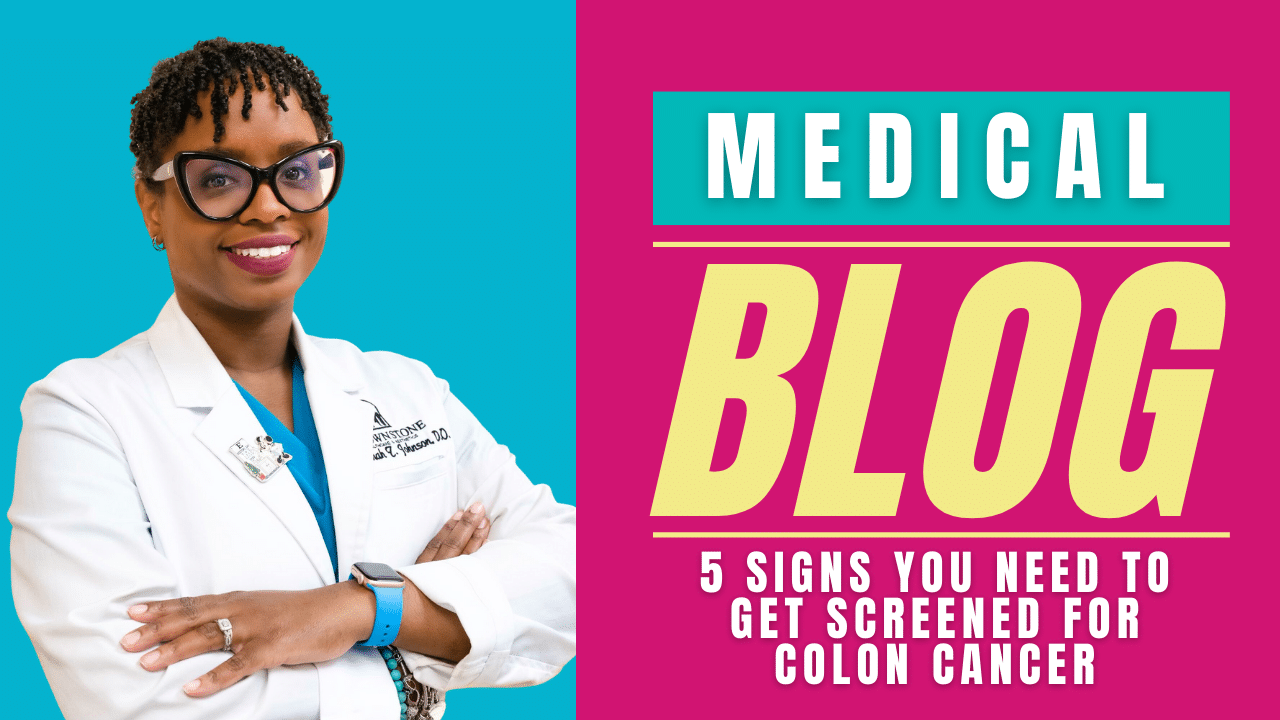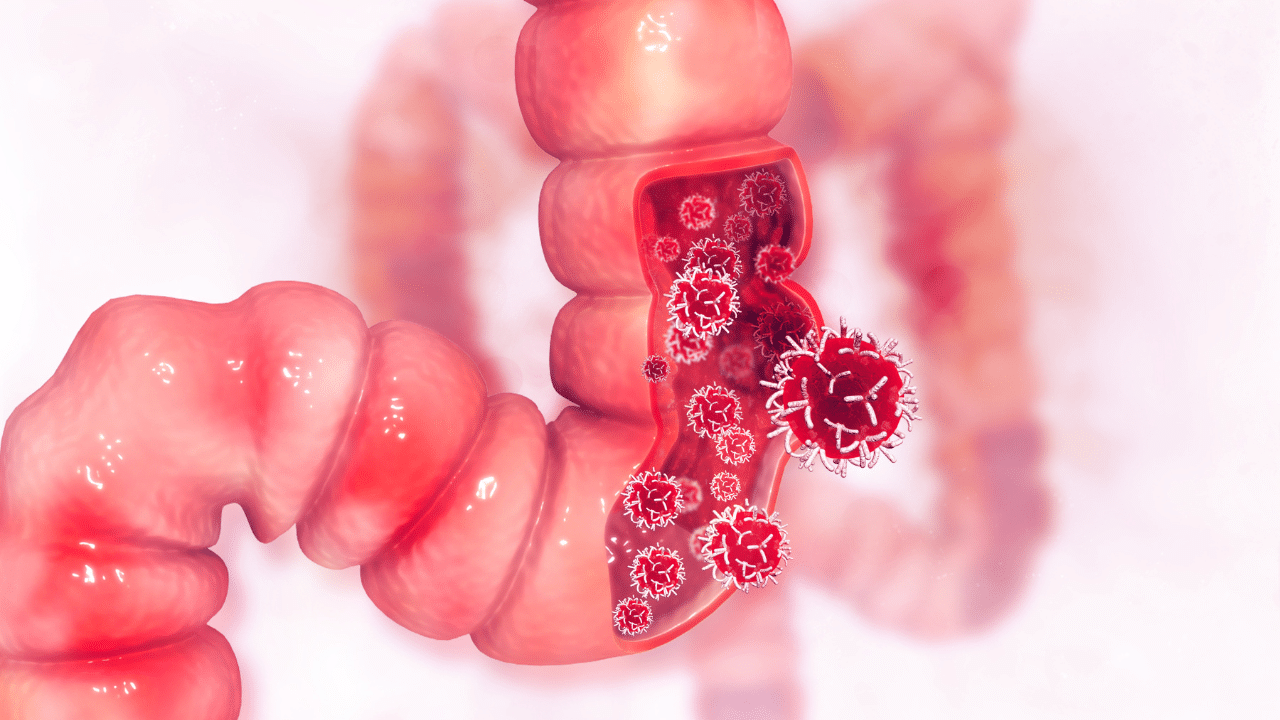Colon cancer is a type of cancer that affects the colon or large intestine. It is one of the most common types of cancer worldwide and can be fatal if not detected early. The colon is responsible for absorbing water and nutrients from food, and it also helps in eliminating waste from the body. When cells in the colon start to grow abnormally, they can form tumors that can spread to other parts of the body.
The risk factors for developing colon cancer include age, family history, a diet high in red meat and processed foods, obesity, smoking, and alcohol consumption. Symptoms of colon cancer may include changes in bowel habits such as diarrhea or constipation, blood in stool, abdominal pain or cramping, unexplained weight loss, and fatigue. Early detection through regular screening tests such as colonoscopies can help prevent colon cancer or detect it at an early stage when it is easier to treat. Treatment options for colon cancer may include surgery to remove the tumor along with chemotherapy or radiation therapy.
With that, here we have 5 Signs You Might Need to Get Screened for Colon Cancer.
1) You’re Golden – At the mighty age of 50, it is recommended everywhere that you need to get your bowels checked, you need to have a colon screening. This is because symptoms of colon cancer are usually not present at an early stage and the risk of it rises steeply at this certain age forward.
With this screening we look out for precancerous polyps or tumors. This can be done in several ways.
Colonoscopy – it is a technique when a doctor looks inside your colon and rectum using a colonoscope or scope. Colonoscopy can reveal swollen and inflamed tissue, ulcers, polyps, and a link to cancer. The infamous one, the most invasive.
Fecal Occult Blood Test (FOBT) – is a lab test used to check stool samples for hidden blood. Or;
Cologuard – Cologuard is a non-invasive test that requires you to ship a sample of your stool to a lab after collecting it at home.
2) At an Arm’s Length – The norm is that you get checked when you’re 50, but if you have a first degree relative that was diagnosed with colon cancer, that will be a different case. This can put you at an increased risk for the disease, and detecting implications earlier can also decrease chances of complications. With that, it is recommended that you start getting screened at age 40 or 10 years earlier than your relative was diagnosed, whichever is earlier.
3) Unexpected Weight Loss – Weight loss occurs when the body loses more calories than it consumes. In colon cancer, weight loss can occur due to several reasons. Firstly, tumors in the colon can cause blockages that prevent food from passing through normally, leading to a decrease in appetite and subsequent weight loss. Secondly, colon cancer cells consume energy from the body’s resources, leading to a decrease in overall body weight.
4) Bloody Dump – This is the biggest factor in suspecting the possibility of having colon cancer. Blood in stool is NOT normal, and can be caused by many different things, including hemorrhoids, anal fissures, diverticulitis, and inflammatory bowel disease. However, if you are experiencing blood in your stool on a regular basis, it could be a sign of something more serious like colon cancer.
5) Changes in Bowel Pattern – Colon cancer is a type of cancer that affects the large intestine, which is responsible for absorbing water and nutrients from food and eliminating waste from the body. When colon cancer develops, it can cause changes in bowel pattern, such as constipation or diarrhea. If you experience any changes in your bowel pattern that persist for more than two weeks or are accompanied by other symptoms such as weight loss or fatigue, it’s essential to see a doctor immediately.
Being vigilant in detecting colon cancer is crucial for preventing this deadly disease from taking hold. By paying attention to your body’s signals and seeking medical attention when necessary, you can increase your chances of catching this disease early on and receiving effective treatment. Remember that prevention is always better than cure, so make sure to schedule regular screenings with your doctor and maintain a healthy lifestyle to reduce your risk of developing colon cancer altogether.

Dr. Kre Johnson is a Board Certified Family Medicine Physician and the sole owner of Brownstone Healthcare and Aesthetics. She is the Medical Director of the City of Birmingham’s Employee Health Clinic-Brownstone BWell Birmingham. She is the Event Producer of Wifeology and the founder of Three Twenty Girls, Inc. She loves God, traveling, and all things Southern!!
Brownstone BWell: Brownstone Healthcare has partnered with the City of Birmingham to offer primary care services to the employees of the City of Birmingham for $0 copayment. This partnership is for preventative services & screenings and sick visits. We partner with your current primary care physician and our goal is to keep you out of the ER and urgent care. We do not share your information with the City of Birmingham. We uphold HIPPA and professional standards. You can visit us at our downtown location 1700 5th Ave N Birmingham, AL 35203 or Trussville: 4643 Camp Coleman Road #117 Trussville, AL 35173 205-202-5650 call for your appointment today.
Other References:
Cologuard
Fecal Occult Blood Test
Colonoscopy
Cancer Care
Colonoscopy
Colorectal Cancer





